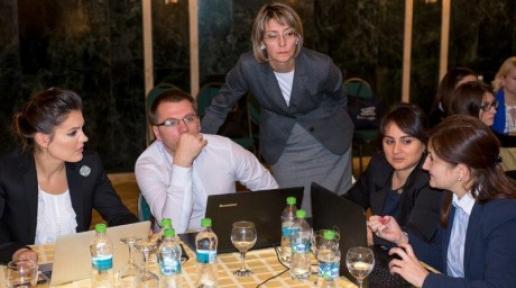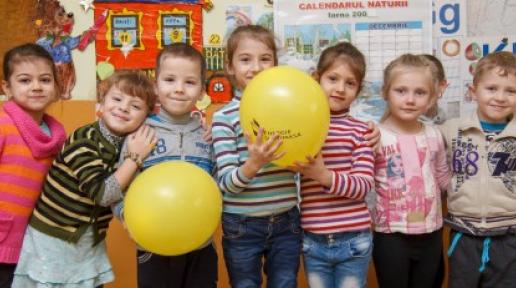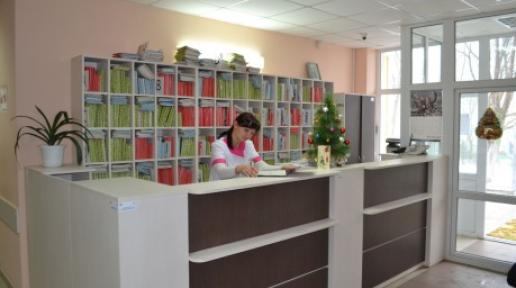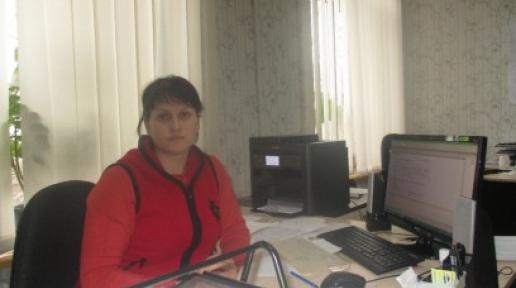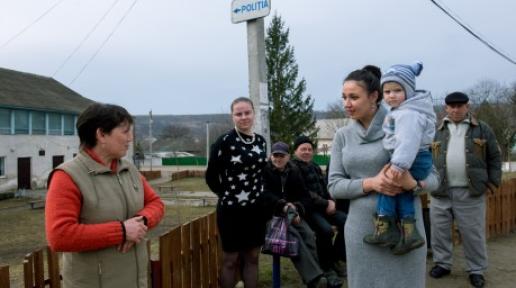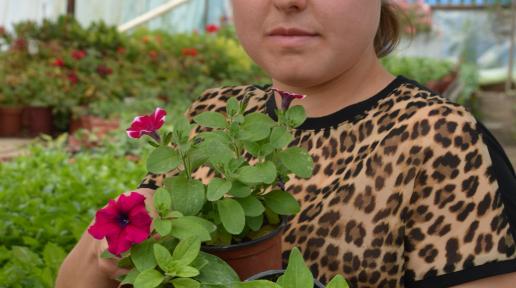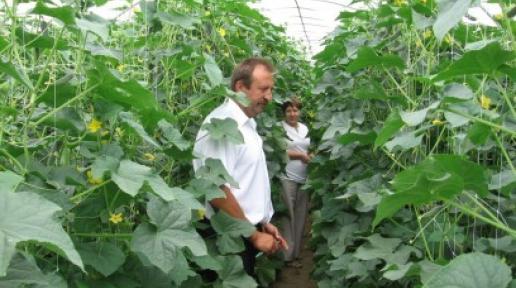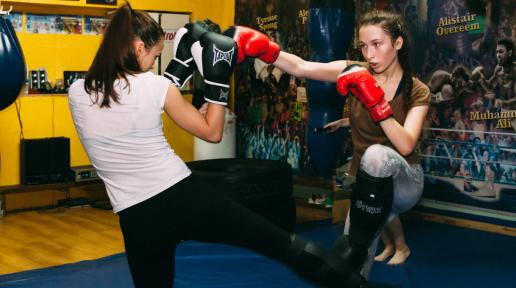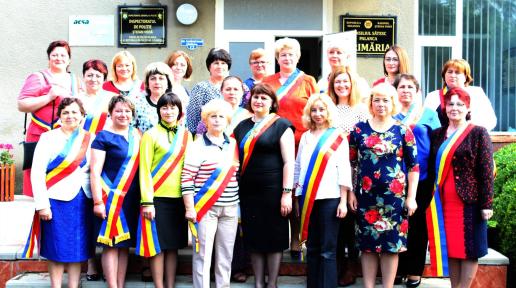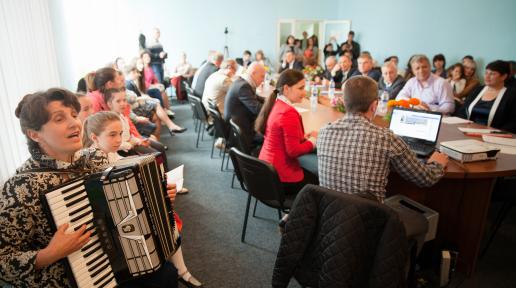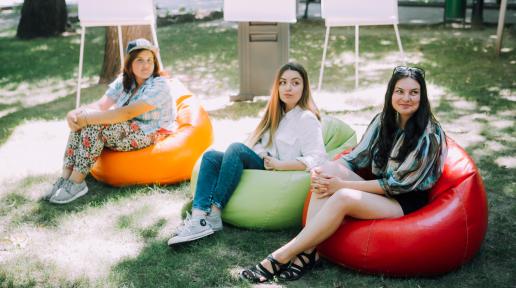Story
28 November 2025
Anastasia Slacfenco: “Digital violence is a phenomenon that follows us every single day. We need to call it for what it is and confront it head-on.”
A survey conducted with 12,000 women across the region reveals that more than half have experienced some form of digital violence. This clearly highlights that it is a systemic issue rather than isolated incidents.In the Republic of Moldova, the situation is equally concerning. Recent data shows that:30% of affected women have been exposed to repeated digital violence, demonstrating the persistent nature of online abuse.41% of respondents in a national study identified sexual harassment as the most common form of online violence.These figures reveal a harsh truth: the digital space, a space that should enable expression, learning and connection often becomes hostile for women and girls.In this context, more young women are choosing to speak openly about the abuse they experience or witness. One of them is Anastasia Slacfenco, content creator, host of the online show “La Covor”, feminist and animal-rights advocate. Anastasia is known for her unapologetically authentic online presence. For years, she has used digital platforms to discuss sensitive issues such as discrimination, violence, gender stereotypes, and digital harassment, with transparency and courage.For Anastasia, online violence is not a concept. It’s a lived experience.“I witness digital violence every day. People no longer challenge ideas constructively; they attack and insult others for how they look, how they think, or simply for being different. We all see the world through our own lenses, and we won’t always agree. But when someone spreads harmful ideas, we need to counter them with arguments, not personal attacks. I have been and continue to be a target of online violence. Sometimes the abuse doesn’t stop at public comments. It escalates into private messages full of hatred, sent by anonymous users, without any understanding of what motivates them to act in this way.”Online spaces are not always safe. Anastasia recalls moments when the violence crossed into the private sphere, the space where one expects protection.“I’ve received abusive, completely unjustified messages from anonymous people. When you read messages like ‘I will find you’, you realize how vulnerable you can feel.”That vulnerability runs deep, impacting our confidence, our sense of safety, and our willingness to speak freely. Digital violence is fueled by long-standing stereotypes deeply embedded in the culture, which Anastasia sees every day: “Gender stereotypes contribute to online abuse by imposing unrealistic expectations and limits on how women should behave. ‘You are not allowed to have short hair, you are not allowed to swear, you have to cook, if you go to the gym you look like a man, if you don't you are fat’. But we are all different, and this diversity makes the beauty of our society. We follow people online because we are curious about their lives. Yet, when someone’s life does not align with our beliefs, we often resort to criticism.”Addressing digital violence requires more than public statements. It demands concrete, accessible, and effective mechanisms that protect those targeted and deter perpetrators. And, in her view, the responsibility lies equally with the major online platforms. The teams that run them have the power, but also the moral obligation, to create a safe environment for their users.“Online platforms must take responsibility for preventing abuse by implementing active monitoring, establishing clear rules of conduct, and providing simple reporting tools. They should react quickly to cases of harassment, suspend abusive accounts, and collaborate with authorities when threats or real-life violence are involved. Some platforms already offer tools for blocking and deleting negative comments, which can effectively reduce the wave of hate directed at content creators. But aggressive users should lose access to the platform after a certain number of abusive messages. This still isn’t the case.”In her closing message, Anastasia offers solidarity, practical advice, and courage to all women and girls facing digital violence: “Block abusive users so they can’t access your page. Ignore them, don’t read hateful comments, don’t overthink them. They rarely make sense; they’re meant to hurt you. If it becomes too much, disable the comments section. And if you feel overwhelmed, speak to a psychologist.”Each of us has the power to make the online world safer. If you are facing digital violence, contact the Women and Girls Trust Line – 0 8008 8008, where support is free, confidential, and available whenever you need it. And if you are in immediate danger, don’t hesitate to call 112.


